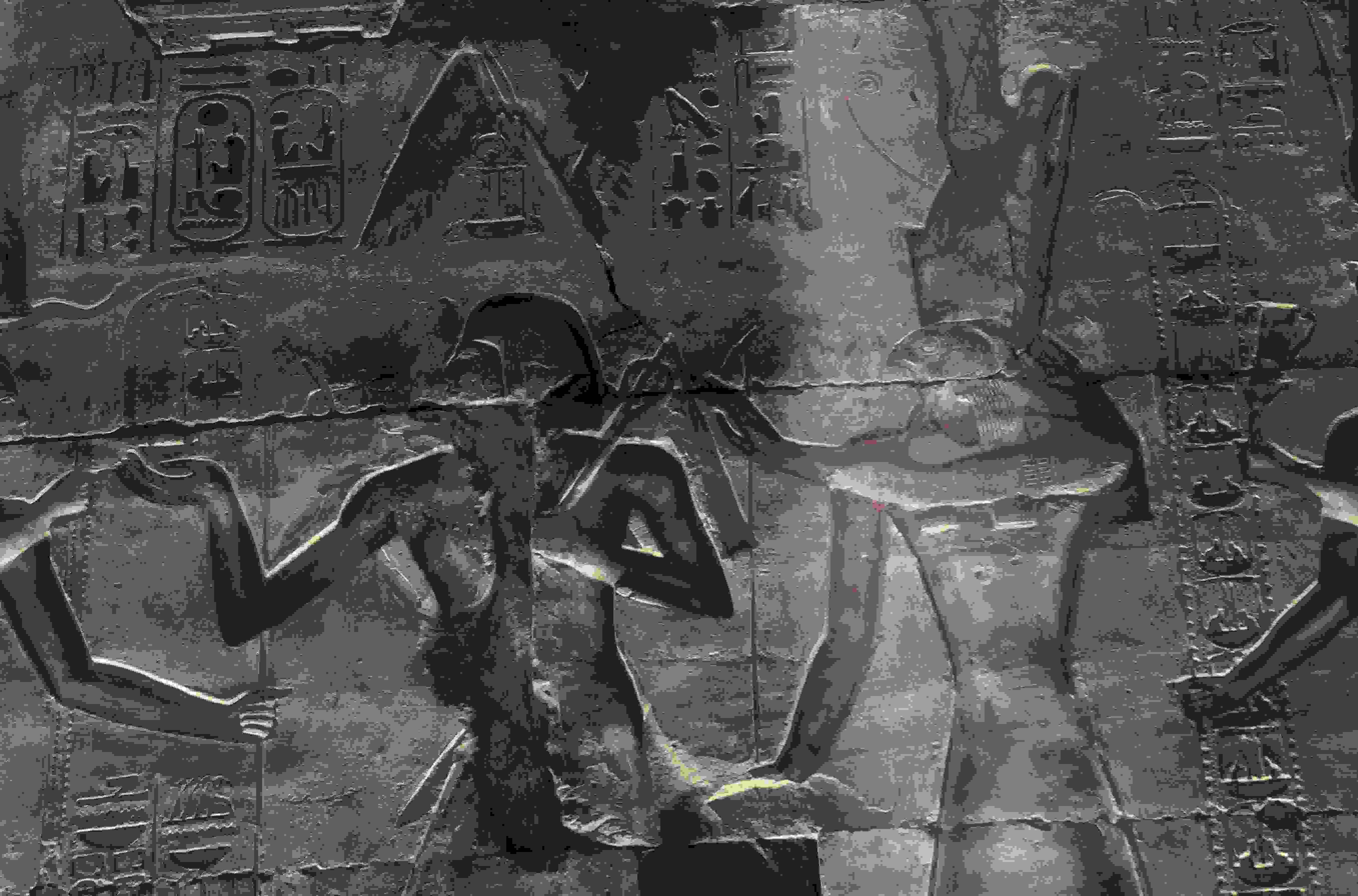BY DAVE RANKIN
The pharaoh may have ruled all, but there was a synchronicity among the people of Ancient Egypt. It was this synchronicity that led to peacefulness throughout the nation; everyone had a role to play and they played it, which made for this peaceful existence.
The people had different responsibilities through their careers and duties to the nation. The American author, Molefi K. Asante informs us that, “Career paths were not decided by choice. They were decided by the caste, or class, of society into which a person was born.”
When we think of a caste or class system in contemporary fashion, we have the perception of the “haves” and the “have nots.” Or in other terms, those who are born into well to do families, and those who are not. A very extreme example of this would be the class system of India, from Brahmins to the Untouchables. With this being said, let’s take a look at: the caste system that existed during this time, its members and how they functioned with Ma’at at the centre of its existence.
At the top of society was, you guessed it, the pharaoh. As much as the pharaoh was revered as a divine being, controlling all the land and its wealth, the pharaoh did not make all the decisions, so there wasn’t a dictatorship. There was a ruling caste of priests and nobles that carried out the numerous tasks of the pharaoh. The priests were the ones who had acquired countless years of knowledge in various areas, but most of all it was their spiritual intelligence that was heavily relied upon. To put it simply, they knew how to keep the gods happy; if there were a drought or the river Nile was not flowing as it should, the pharaoh would consult the priests. They would then look at the spiritual ramifications and present a solution that would please the gods and return everything to normal. This made them a very powerful set of people in society. High priests Imhotep, Mesocharis, and Osarsiph come to mind as persons of reference for further study.
These priests could also become scribes who recorded important events and official documents. For those of us who are not familiar with the term, a scribe was the person who was trained to use hieroglyphics, the ancient writing of the Egyptians.
Nobles were people who were awarded high positions in government; these were: mayors, provincial rulers, and ministers of the pharaoh who carried out day-to-day functions.
Next, were the artisans, craftspersons, professionals, and soldiers. These were your jewelers, musicians, and architects who were in favor with the pharaoh and society. I read somewhere that the pharaoh could elevate their place in society by extending a special favor towards them. This could be as simple as having these skilled artisans display their talents at a highly regarded event. For those in the military, it would really depend upon rank and military duty. Like today, since a general outranks a lieutenant, his place in society would reflect as such. The professionals were listed as doctors, legal experts or even labourers who had important duties in the day-to-day upkeep of the land.
The largest caste in the system was the farmers. Some of them planted small farms along the Nile, giving thanks for the little that they had. We have to emphasize once again that the ancient Egyptians were highly spiritual people and held this with the utmost respect. There is a story about the Articulate Farmer, which is a beautiful example of this. The farmers were also employed on building projects for the pharaoh during the annual floods or inundation periods. They grew various types of crops on land that was given to them by the pharaoh, and as part of their agreement to till the soil. The farmers would give approximately half of their crop to the government to be stored and shared among the people, especially in times of famine.
Hopefully, this brief overview paints a clearer picture of what the caste system was like during this time, and how everyone played their part in making sure the nation ran as smoothly as possible.

